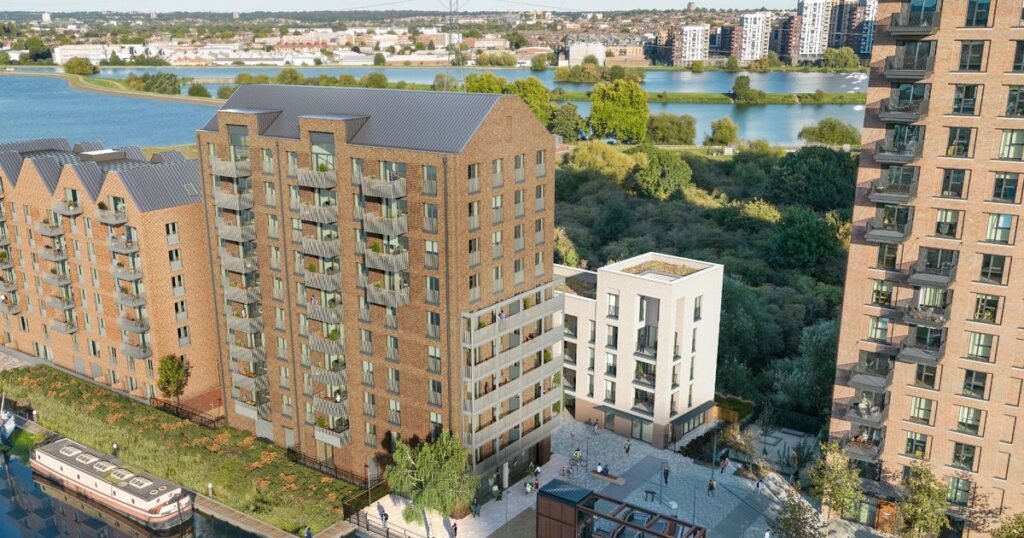Rental income at property firm Grainger has risen by 11% as it continues its strategy to come the country’s leading provider of private rental property.
The Newcastle-based firm has released half-year results for the period to the end of March in which group revenue rose to £113.7m, though operating profit was broadly flat at £60.9m.
The group has since 2016 been focussing on growth in the PRS (private rental sector) market, disposing of £1.7bn of other properties since then and investing £2.5bn into the housing market. It now has a portfolio of around 11,000 homes with a further 5,000 homes in its development pipeline.
Read more: developers’ hope on Newcastle regeneration scheme
Go here for more North East business news
In the results, chief executive Helen Gordon said the company was set to reach its goal of becoming a Real Estate Investment Trust (REIT) by October next year. The move – which would give Grainger tax advantages – would come when it was generating 75% of its profits from rental revenue rather than home sales.
Ms Gordon said: “Grainger has delivered another strong operating performance over the past six months. Strong like-for-like rental growth and expansion from our successful pipeline delivery have driven further growth in net rental income and earnings and enable us to increase our dividend for the 17th consecutive time since our strategy reset began in 2016. Our portfolio occupancy remains high at 97.7% with customer affordability healthy, customer satisfaction and retention high, and rent arrears low.
“Despite some further yield expansion, strong rental growth has offset this with underlying property values broadly flat, demonstrating the performance of our platform and resilience of our asset class. Our sector’s positive market fundamentals and our strategic positioning mean that we expect rental growth to remain above the historical long-term average for the remainder of this year with scope for it to continue at elevated levels into 2025.”
Grainger said today’s results were the fifth consecutive reporting period that it had announced double-digit rental growth and it would deliver around 1,000 new homes this year with schemes in Birmingham, Bristol, London and Cardiff. The company’s portfolio is roughly evenly split between London and the south east, and the rest of the country.

